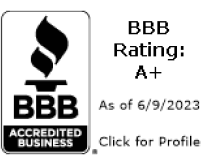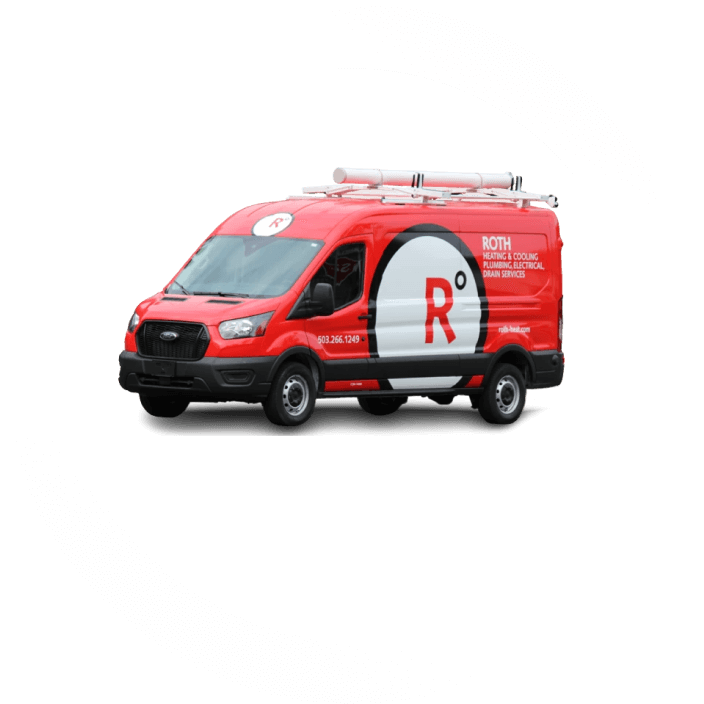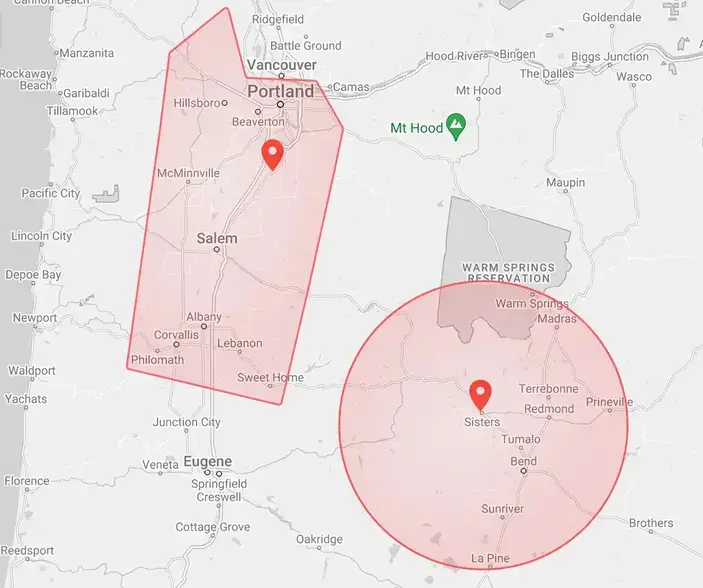A malfunctioning garbage disposal is frustrating, but some of the more common disposal problems are simple to solve. Even if you can’t solve the problem, taking a minute to pinpoint the cause can help your plumber get your system working faster.
Slow draining – A clogged drain line is the most likely cause. This can be solved by removing the discharge pipe and taking out the drain trap for cleaning. Avoid chemical drain cleaners, which can damage the disposal.
Poor grinding – If this occurs, either you’re not running enough water or the blades are worn. In the case of broken blades, replacing the unit is usually the most cost-effective solution.
Disposal won’t turn on – This indicates an electrical problem. Make sure the disposal is plugged in, then press the “reset” button. This button should pop out after the disposal is reset. If it doesn’t, check the breaker in your electrical panel. A tripped breaker may indicate you need to replace the disposal’s switch.
Disposal only hums – If your garbage disposal hums when you turn it on, but doesn’t run, chances are the flywheel is stuck. This can happen when a hard object, such as a bone, jams the disposal. Place your disposal’s offset hex wrench into the flywheel hole at the bottom of the disposal and turn it clockwise. This should free the flywheel.
Leaking water – If your disposal leaks water at the sink flange, it’s probably due to loose mounting bolts or deteriorating plumber’s putty. Tightening the bolts or replacing the putty should help. For a leak by the dishwasher connection, try tightening the clamp or replacing the hose. If the leak is near the discharge drain, you may need to tighten the bolts or take them out to replace the gasket.
If you’re not sure how to work with the bolts, pipes and other parts of your garbage disposal, call a plumbing professional for help. Incorrectly disassembling or adjusting your disposal’s components can cause permanent damage. For help keeping your home’s plumbing in top form, contact Roth Home & Cooling in the Portland area.














